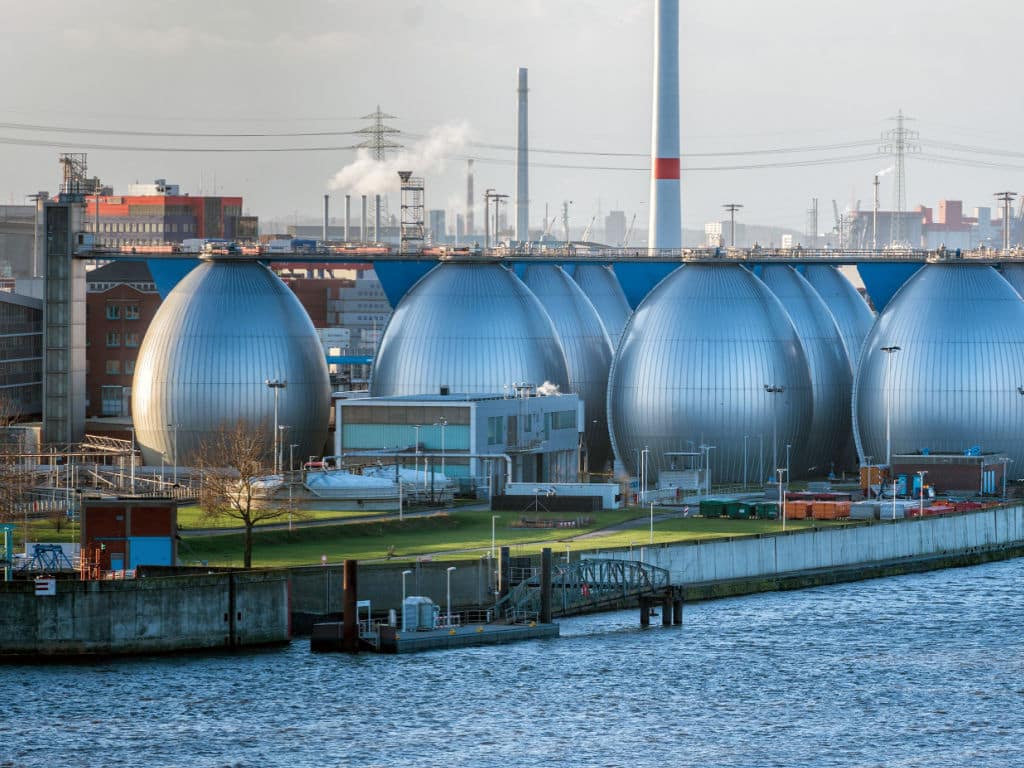In the Moroccan cities of Essaouira and Guelmim, the supply of drinking water and irrigation should be improved thanks to two new projects. They concern the construction of two seawater desalination plants. The hydraulic projects were recently presented by the National Office of Water and Electricity (ONEE), during the launch of the specific and detailed studies relating to them.
According to the Moroccan public company, these studies will make it possible to determine the needs in drinking water and irrigation, as well as the resources already mobilised in the cities of Essaouira and Guelmim. The sites for the future plants will also be identified and their surface areas determined.
An investment of 2.1 million euros
Within the framework of these studies, the consultation files for companies will also be drawn up, as well as the 3D modelling of discharges. To this will be added technical studies relating to the “desalinated water adductions”, then additional studies, notably topographic, bathymetric, geophysical and geotechnical studies and analysis of the quality of the sea water.
Onee estimates that these various studies will cost 23 million Moroccan dirhams, about 2.1 million euros. The construction of the seawater desalination plants will then be launched. The Essaouira plant will have a capacity of nearly 53 million m3 per year, while the Guelmim plant will be able to supply some 35 million m3 of water per year for population supply and irrigation and to cope with water stress.
Read also – AFRICA: Desalination, now a key component of water supply strategies
These projects are planned at a time when several similar projects are underway in Morocco. In 2023, the construction of three new seawater desalination plants will also be launched in the port cities of El Jadida, Safi and in the Oriental region. The plants will be capable of producing 86,400 m3 and 75,800 m3 of drinking water per day respectively. The plant in the Oriental region will provide 100 million m3 of water per year when it is commissioned. This capacity can be extended to 200 million per year. Currently, the Cherifian kingdom has nine operational desalination stations with a combined capacity of 147 million m3 of water per year.
Inès Magoum
